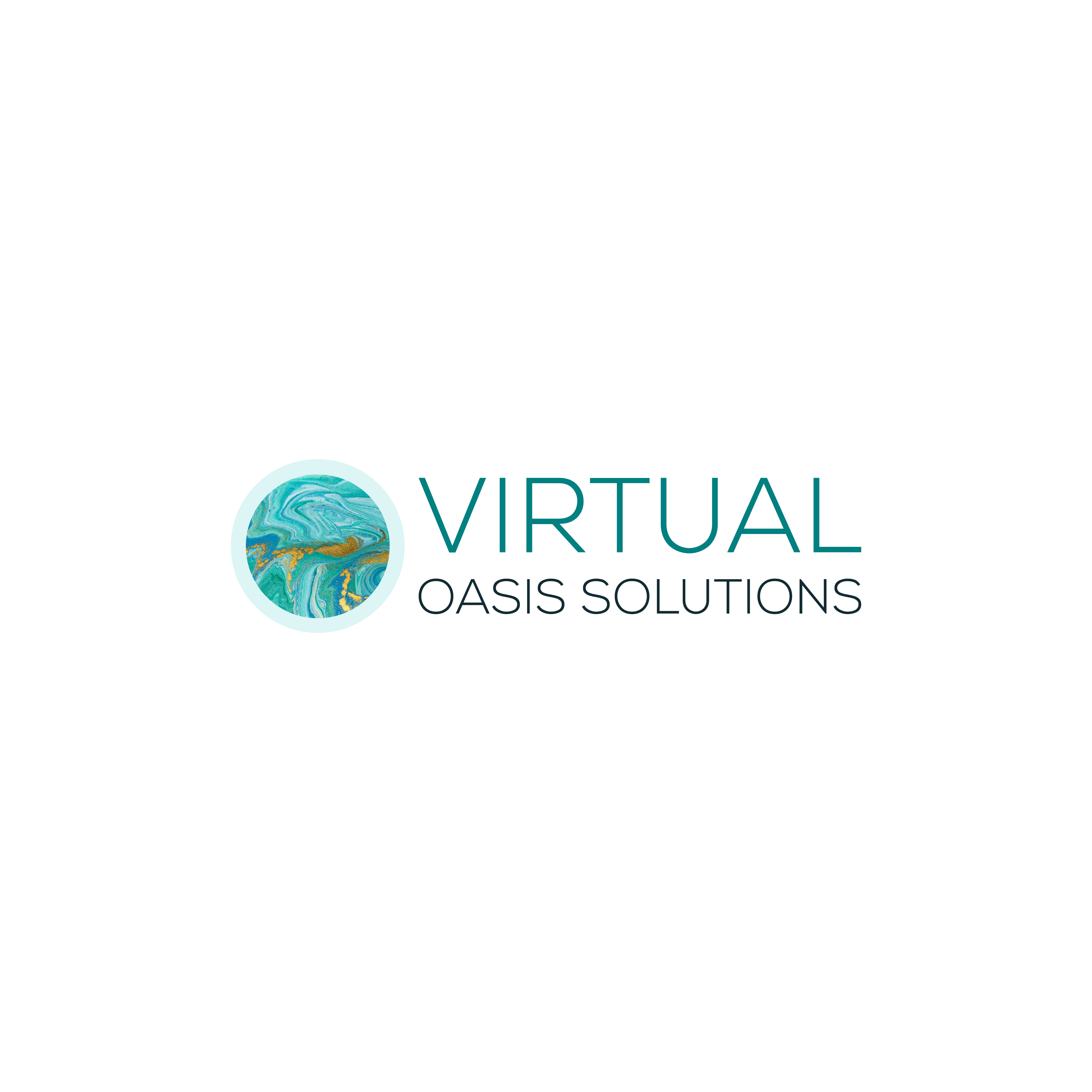For entrepreneurs and business owners working solo, it can be challenging to stay on task some days. Distractions around the house or even in shared workspaces affect productivity, making it difficult to meet goals and deadlines.
After COVID-19 forced 42% of the U.S. workforce into working from home full-time, a need for accountability was quickly realized. While this percentage has dropped to only 12.7% for full-time remote employees, around 28.2% remain on a hybrid work schedule.
Thus, the benefits of virtual co-working have since become a noteworthy topic of discussion in research and on social media.
What is virtual co-working?
Virtual co-working allows individuals to support one another in completing tasks regardless of their physical location. Essentially, two people schedule a date and time to co-work and then meet via a video call to accomplish specific tasks. This is usually for a predetermined amount of time, allowing participants to plan around the co-working session as needed.
How did this become a thing, you ask? Well, research findings have recently discovered a positive correlation between shared workspaces and employee productivity. One possible explanation for this is the benefit of social interaction on mental health, yet there are other science-backed implications to consider.
How does co-working affect productivity?
Focusmate, a platform that provides free virtual co-working services, breaks down the reasoning for how and why this works.
Precommitment
Committing to a goal beforehand enhances ambition, thanks to a phenomenon called “discounting.” Additionally, precommitment leads to better goal outcomes, likely attributed to the extra time available for preparation and adjustment.
Implementation Intentions
Implementation intentions are concrete and clear-cut strategies detailing how you’ll complete a specific task. They provide clarity on both what needs to be done and how to accomplish it, thereby boosting effectiveness in task completion and goal attainment.
Social Pressure
Social pressure refers to the increased demands individuals place on themselves when in the company of others. This is driven by both implicit and explicit expectations to gain social acceptance.
Basic competition, whether intentional or reflexive, also compels individuals to strive for better performance in the presence of others. As a result, the combination of these factors typically enhances task performance. Studies indicate that the mere presence of another person can boost human performance by 16-32%.
Accountability
Accountability embodies the potential repercussions for failing to uphold an agreement. It entails taking responsibility for the outcomes of one’s actions, without judgment, by establishing a direct link between actions and consequences. Studies indicate that accountability leads to remarkable performance enhancements, with improvements ranging from 230-310%.
Specificity in Task Definition
Task specificity relates to how detailed the task definition is. Basically, well-specified tasks outline clear actions that facilitate rapid visualization and execution.
Brain Chemistry
One considerable aspect of human behavior is governed by four key brain chemicals: dopamine, oxytocin, serotonin, and endorphins. By triggering these neurotransmitters’ release, co-working effectively enhances productivity with reduced conscious effort.
The Flow State
The “flow state” is considered to be a prolonged period of deep concentration. Renowned scholars Cal Newport and Mihály Csikszentmihályi assert that the flow state leads to unparalleled productivity, enabling individuals to produce creative, original, and substantive work.
According to researchers Jeanne Nakamura and Csíkszentmihályi, an experience of flow includes six key elements:
1. Intense and focused concentration on the present moment
2. Merging of action and awareness
3. Absence of self-consciousness
4. Sense of personal control or agency
5. Altered perception of time
6. Intrinsic reward from the activity (known as autotelic experience)
Csikszentmihályi posits that flow, being inherently positive, not only enhances performance but also generates intense feelings of enjoyment. Early studies reveal that the flow state yields increased happiness, frequency of positive moods, and personal growth. Moreover, flow has been associated with persistence and achievement, reducing anxiety and boosting self-esteem.
Are the benefits of virtual co-working worth it?
It is ultimately your choice to decide if co-working is beneficial for you or not. Some may not need the extra push to complete their work, while others might excel when with the accountability and social microscope.
Interested in trying it out? Focusmate is free to sign up and you can schedule co-working sessions from 25 to 75 minutes long. There are also several similar services available with unique features to suit your personal needs.

